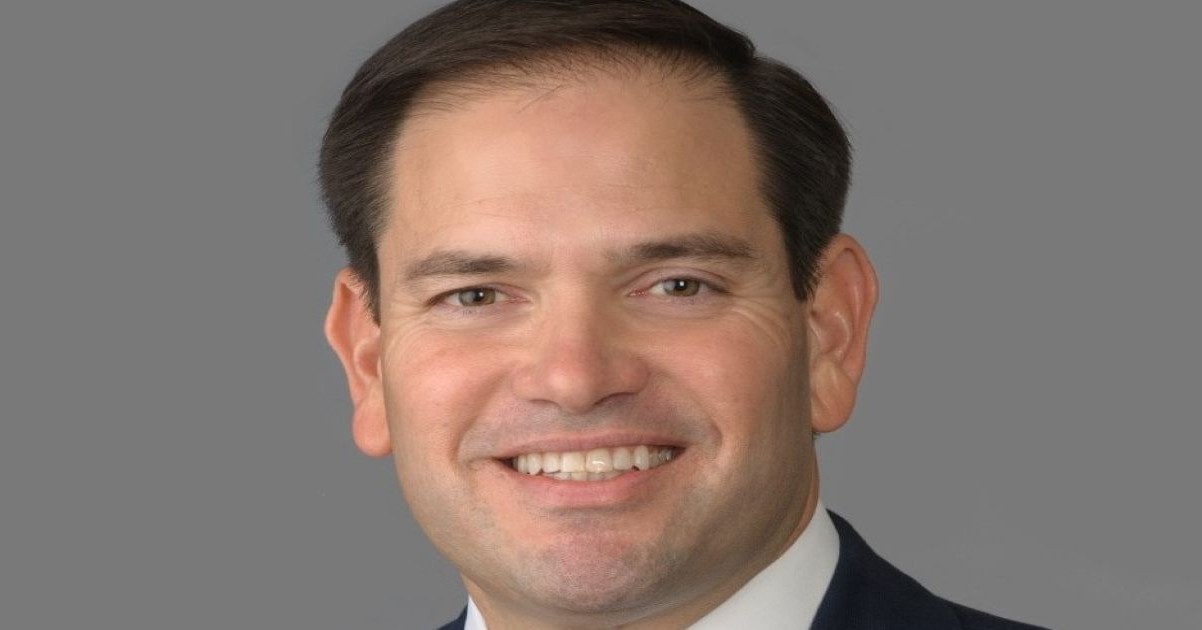Mamdani evades NYPD apology promise amid fears of DSA backlash
In the high-stakes scrum of New York City's mayoral contest, frontrunner Zohran Mamdani's sidestep on a long-overdue apology to the police has turned a simple gesture into a political tightrope walk.
Mamdani, who once branded the NYPD as racist amid the fury of 2020 protests, pledged 18 days ago to make public amends but has yet to follow through, according to the New York Post, prompting insiders to whisper that Democratic Socialists of America loyalties are holding him back while police leaders and operatives vent their growing impatience.
Back in 2020, at the peak of nationwide unrest following George Floyd's killing, Mamdani's sharp words labeled the department a racist force, a stance that fueled his rise among progressive circles but now haunts his broader appeal.
That firebrand rhetoric, born of raw frustration, has since prompted a promised pivot, yet Mamdani's campaign has dragged its feet on the apology, leaving allies and critics alike scratching their heads over his selective remorse.
Over two weeks back, The New York Times spotlighted Mamdani's intent to recant those anti-police barbs and ease away from his defund-the-police playbook, signaling a potential thaw in his once-frosty relations with law enforcement.
Mamdani's Private Chats Fall Short of Public Reckoning
Fast-forward to Monday's press gaggle in Inwood, unrelated to policing woes, where Mamdani fielded questions on his apology odyssey with the finesse of a diplomat dodging landmines.
He touted ongoing heart-to-hearts with everyday officers, insisting these chats count as amends, but when prodded on whether apologies featured in them, his reply looped into abstractions about shared reflections on the times.
"The thing that I have appreciated the most in conversations around policing is the conversations I’ve had with rank-and-file officers," Mamdani offered, painting a picture of bridge-building that, while earnest on paper, feels more like a polite evasion than a heartfelt mea culpa.
Pressed further, he doubled down: "Those are the conversations where I share my reflections about where we are in this moment, where we’ve been, and also what it will mean to build together to deliver that publicity."
Such wordplay might soothe the echo chambers of his base, but it underscores a reluctance to own past excesses outright, a hesitancy that smacks of the very ideological rigidity conservatives have long critiqued in progressive politics.
"I’m saying that these are conversations that I’m having right now with these officers," he added when cornered, a line that circles back without landing, leaving listeners to ponder if private whispers can ever substitute for public accountability.
Insiders Spill on DSA's Shadow Over Apology
Behind the scenes, Democratic operatives paint a clearer picture of Mamdani's bind: a frontrunner torn between evolving publicly and risking the wrath of his DSA faithful, who still view the NYPD through a lens of systemic oppression.
One operative nailed the tension bluntly: "It’s super easy to apologize," before laying bare the real hurdle—"It’s super hard for him because of the DSA"—and revealing that Mamdani harbors lingering convictions about the department as an occupying force meting out state violence against communities of color.
That confession, while candid, highlights the anti-woke bind: a candidate who preaches unity yet clings to divisive dogmas, forcing voters to question if his evolution is genuine or just electoral theater.
Another insider ramped up the heat, slamming Mamdani's dodge as leadership unfit for the Big Apple: If he can't muster remorse for those shielding the city, perhaps it's time to bow out, much like the embattled Eric Adams.
"The next mayor’s meandering avoidance of giving a straight answer on a simple question should alarm New Yorkers about how he is going to govern this city with far more complex problems," the operative warned, a zinger that politely prods at the perils of policy-by-ambiguity.
Observers echo that sentiment, cautioning that Mamdani's allergy to directness could spell trouble when tackling the gritty realities of urban governance, from crime spikes to budget crunches.
Police Unions Tune Out Mamdani's Overtures
On the law enforcement front, silence reigns: Unions that once rallied behind Adams report zero outreach from Mamdani's camp, despite his vows to connect as the race heats up.
The Police Benevolent Association, voice of the rank-and-file, has zeroed in on deeds over dialogue, with President Patrick Hendry dismissing any pre-election sit-downs as mere posturing.
"We’re not interested in hearing more campaign promises from office-seekers," Hendry stated flatly. "We’re interested in seeing action from elected officials. An apology will not improve police officers’ quality of life."
That pragmatic pushback, refreshingly free of ideological fluff, reminds us why bolstering the thin blue line demands more than feel-good rhetoric—it's about tangible support for those holding the line daily.
Over at the Detectives’ Endowment Association, President Scott Munro voiced similar exasperation, noting his team's easy reachability yet total radio silence from Mamdani's side.
"I don’t even know," Munro shrugged when asked about potential meetings, before adding, "We know how he feels about law enforcement," and capping it with a raw assessment: "This whole thing is a s–t show."
Rivals Pile On as Apology Saga Drags
Enter the opposition: Andrew Cuomo's camp, sensing vulnerability, unleashed a barrage through spokesperson Rich Azzopardi, who skewered Mamdani's half-measures as the epitome of campaign cynicism.
"Give me a break, he’s giving out drive-by apologies now?" Azzopardi quipped, branding the responses as "pathetic and insincere," a pattern allegedly defining Mamdani's entire bid.
While the barb lands with the precision of a well-timed jab, it also spotlights a broader conservative hope: that New Yorkers crave leaders who cut through the noise with straightforward honor, not scripted sidesteps.
As the mayoral field narrows, Mamdani's apology limbo tests the limits of progressive pragmatism, weighing DSA devotion against the demands of a city that polices its pulse with resolve.
His 2020 frustrations, once a rallying cry, now linger like an unresolved chord, challenging whether this frontrunner can harmonize his past with a future that includes mending fences with the badge.





